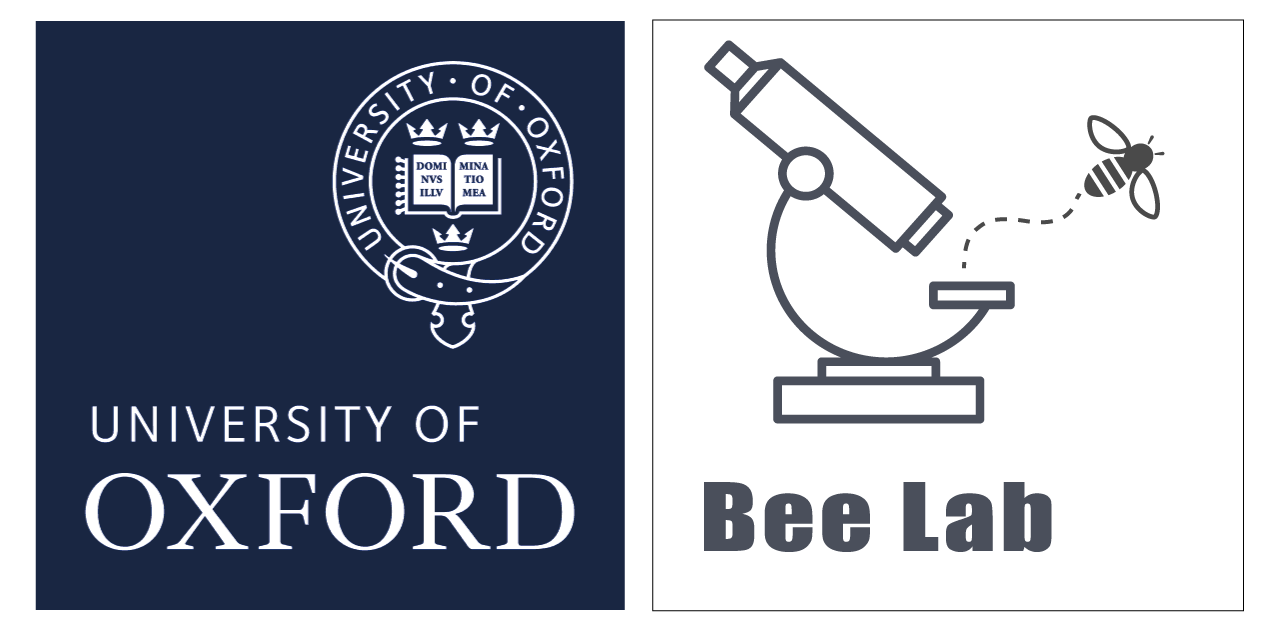Dr. Jennifer Scott
Written By Rui Goncalves
Jennifer oversees management and assists in the design, conception, and data acquisition of research at the Wright Laboratory. Her broad scope of work includes assessing the impact of pesticide ingestion on honeybees and bumblebees, studying reward learning of secondary metabolites in nectar, and exploring the nutritional requirements of bumblebee brood.
Jennifer is the Health and Safety Officer for the lab, overseeing operations and safety across all of our facilities.
Contact Details: jennifer.scott@biology.ox.ac.uk










